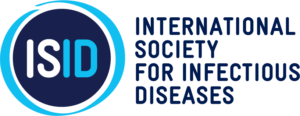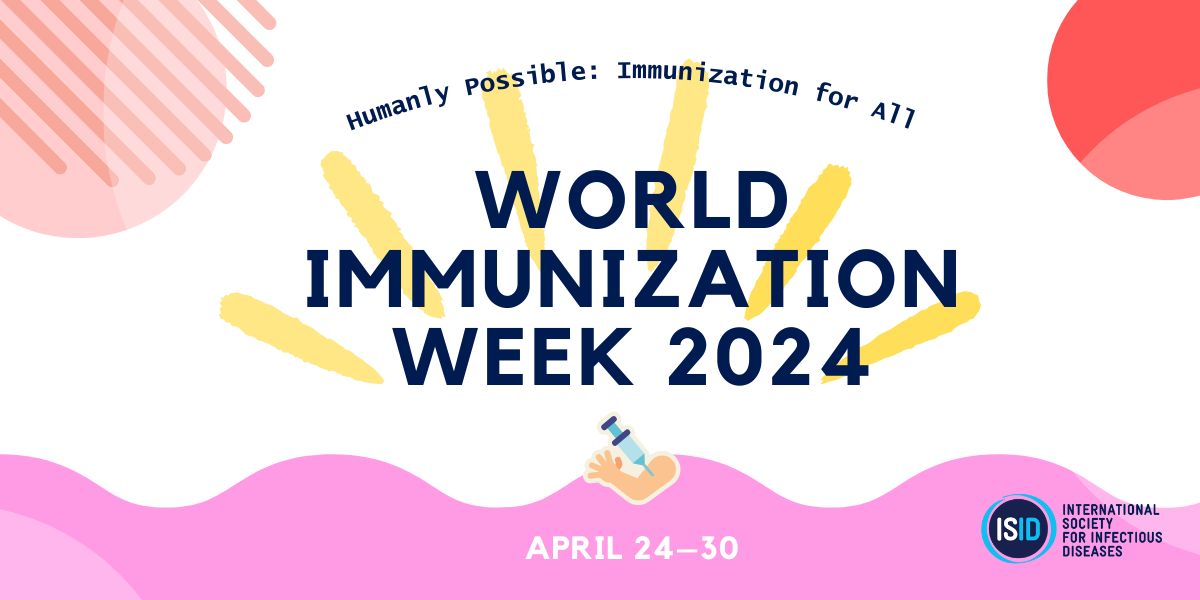The World Immunization Week is celebrated yearly in the last week of April. This year, it will be celebrated from April 24 to April 30. It is worth noting that this year, the World Immunization Week celebration will mark the 50th anniversary of the Expanded Program on Immunization (EPI). The Expanded Programme on Immunization (EPI), an initiative launched by the World Health Organization in 1974, stands as a global endeavor to ensure equitable access to life-saving vaccines for every child, regardless of their geographic location or socioeconomic status. Over the past five decades, EPI has evolved and achieved remarkable milestones that reshaped the global health landscape.
One of the most outstanding achievements of immunization campaigns is the eradication of smallpox in 1978 and the current drive to eradicate poliomyelitis. Currently, immunization campaigns have significantly led to reductions in morbidity and mortality, particularly in children, due to vaccine-preventable diseases like tuberculosis, poliomyelitis, hepatitis, influenza, measles, rubella, yellow fever, tetanus, diphtheria, pertussis, etc.
However, outbreaks of vaccine-preventable diseases occur with alarming frequency in low-resource settings, showing the need to reach mostly children in these settings as many are still missing out on much-needed life-saving vaccines. Vaccine hesitancy, refusals, and inaccessibility play significant roles in the prevention of uptake of vaccination.
We at the International Society for Infectious Diseases (ISID) have a mission to support health professionals, non-government organizations, and governments around the world in their work to prevent, investigate, and manage infectious disease outbreaks when they occur. ISID has a particular focus on countries that have limited resources and which disproportionately bear the burden of infectious diseases. We recognize that infectious diseases cross all national and regional boundaries and that effective long-term solutions require international scientific exchange and cooperation. We strongly affirm that immunization is vital in preventing vaccine-preventable diseases.

